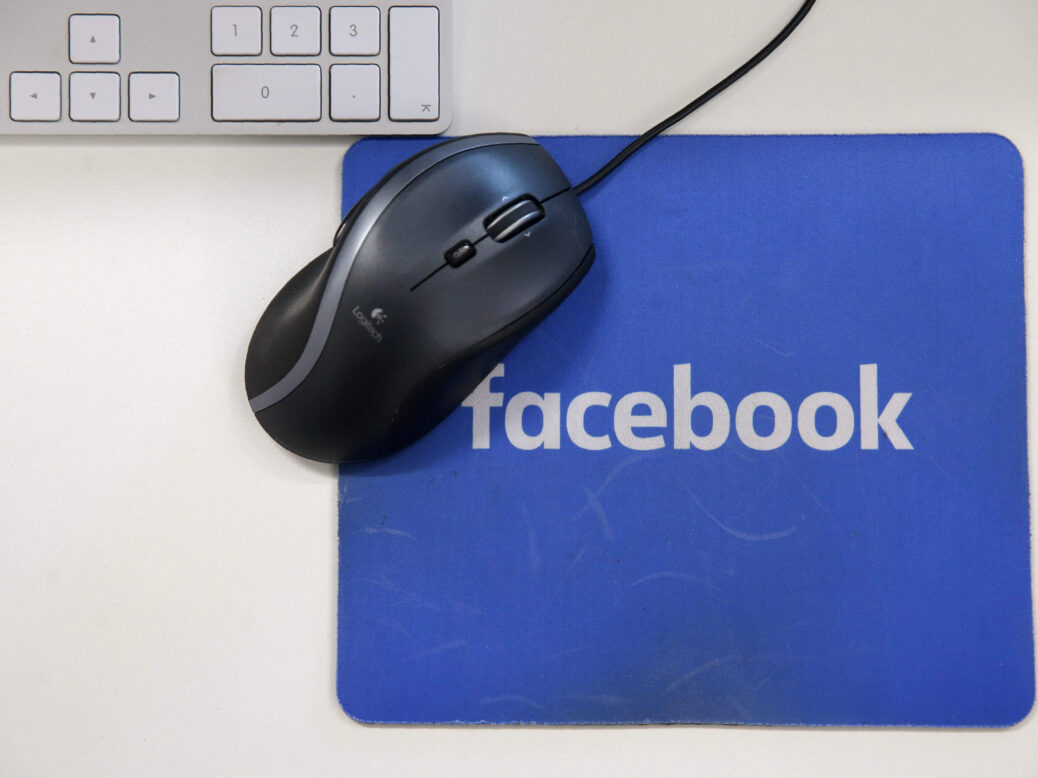
For a company which somehow managed to amass one in three of the world’s population among its regular users without attracting serious scrutiny, Facebook suddenly cannot catch a break.
Following a series of bombshell reports in the Observer, New York Times and Channel 4 News, Facebook is once again on the ropes, this time over an apparent data breach affecting 50 million users, connected to Cambridge Analytica – the company accused of using political advertising to convince voters of the merits of Brexit and Donald Trump.



